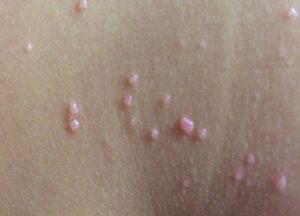How Poor Diet has Become a Bigger Killer Than Smoking

New figures have revealed that in 2017, dietary factors were responsible for 11 million deaths worldwide. This was higher than the number of deaths attributable to smoking and a rise of over 37% from 1990.
The analysis, carried out by the Global Burden of Diseases, Injuries and Risk Factors Study (GBD), incorporated 195 countries and looked at 15 dietary factors across all nations. More than half of all deaths and two thirds of disability-adjusted life-years (DALYs) were due to high sodium intake, low whole grain intake and low fruit intake. Other risk factors were low intake of nuts and seeds, low intake of vegetables and low intake of omega-3 fatty acids.
One of the key messages from the GBD study was that not only are we consuming too much of the wrong food types, such as salt, processed food and sugar-sweetened beverages; but globally the consumption of healthy food and nutrients is suboptimal. The greatest deviation from optimal consumption is seen with nuts and seeds, milk and whole grains, where consumption is 12% (nuts), 16% (milk) and 23% (whole grains) of the recommended daily amount. In contrast, every day we are consuming, on average, 90% more processed meat and 86% more sodium than we should be.
The leading cause of diet-related deaths is cardiovascular disease, responsible for 10 million deaths worldwide. This is followed by cancer and type 2 diabetes. Whist there were regional differences, the dietary risk factors affected people regardless of their age, sex or sociodemographic development. It is a global issue and, as such, needs a coordinated multi-national approach to improve the quality of the human diet across the world. Making these improvements could prevent up to one in five deaths every year.
Sources:
- GBD 2017 Diet Collaborators. “Health Effects of Dietary Risks in 195 Countries, 1990–2017: a Systematic Analysis for the Global Burden of Disease Study 2017.” The Lancet, 3 Apr. 2019, doi:http://dx.doi.org/10.1016/S0140-6736(19)30041-8.










